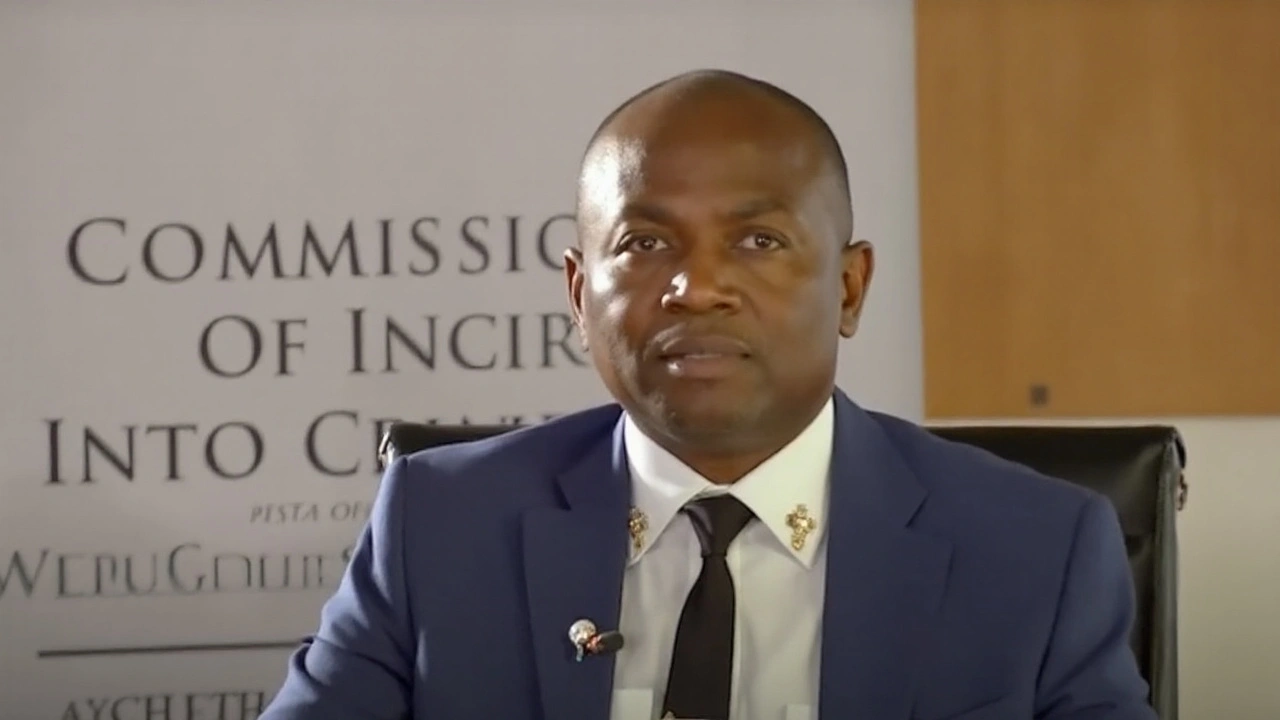Political Interference and Its Real Effect on African Crypto
When a government steps in, crypto doesn’t stay the same. Policies, arrests, or sudden bans can flip prices overnight. For anyone trading or building a blockchain project in Africa, knowing who’s pulling the strings helps you stay ahead instead of scrambling after the fact.
Why Governments Care About Crypto
Most leaders see digital money as both a threat and an opportunity. On one hand, crypto can bypass taxes and weaken state‑run currencies. On the other, it promises new jobs, tech skills, and foreign investment. That tension makes politicians act fast—sometimes with harsh rules that catch the market off guard.
Typical Ways Political Interference Shows Up
1️⃣ Regulatory announcements – A new law or a sudden clarification can cause a token to jump or drop. Example: South Africa’s tax guidance on crypto gains sparked a wave of selling before traders adjusted.
2️⃣ Media narratives – When a high‑profile politician publicly calls crypto a “scam,” investors often panic, even if the statement has no legal basis.
3️⃣ Law‑enforcement actions – Raids on exchanges or arrests of founders send a clear signal that the space isn’t safe, prompting users to move funds elsewhere.
4️⃣ Infrastructure decisions – Government‑run internet shutdowns or restrictions on VPNs can cripple trading platforms, especially in countries with limited connectivity.
Understanding these patterns lets you set alerts, diversify, and keep a buffer of stable assets for the inevitable shake‑ups.
For crypto businesses, the playbook is simple: stay compliant, keep legal counsel close, and build a community that can rally when politics turns sour. Transparent reporting and partnerships with local regulators often turn a potential crisis into a credibility boost.
Investors should also watch political calendars. Election years, budget releases, and major international summits are hot spots for new policies. A quick scan of upcoming votes in Nigeria, Kenya, or Ghana can hint at regulatory drift before it hits the headlines.
Bottom line: political interference isn’t a mystery code you can ignore. It’s a daily reality that shapes price action, project viability, and user trust. By treating politics as another market indicator, you turn a risky factor into a strategic advantage.
Madlanga Commission Day 3: Mkhwanazi Highlights RBM Murder Failures and Political meddling
On September 19, 2025, KwaZulu‑Natal Police Commissioner Nhlanhla Mkhwanazi resumed his solo testimony before the Madlanga Commission. He detailed the unsolved killings of senior executives at Richard's Bay Minerals and recounted a 2021 meeting where business leaders demanded police action. Mkhwanazi said he deployed detectives immediately after the meeting. The hearing also touched on alleged links between suspended Minister Senzo Mchunu and associate Brown Mogotsi. The commission continues to probe claims of syndicate infiltration across South Africa’s justice system.
